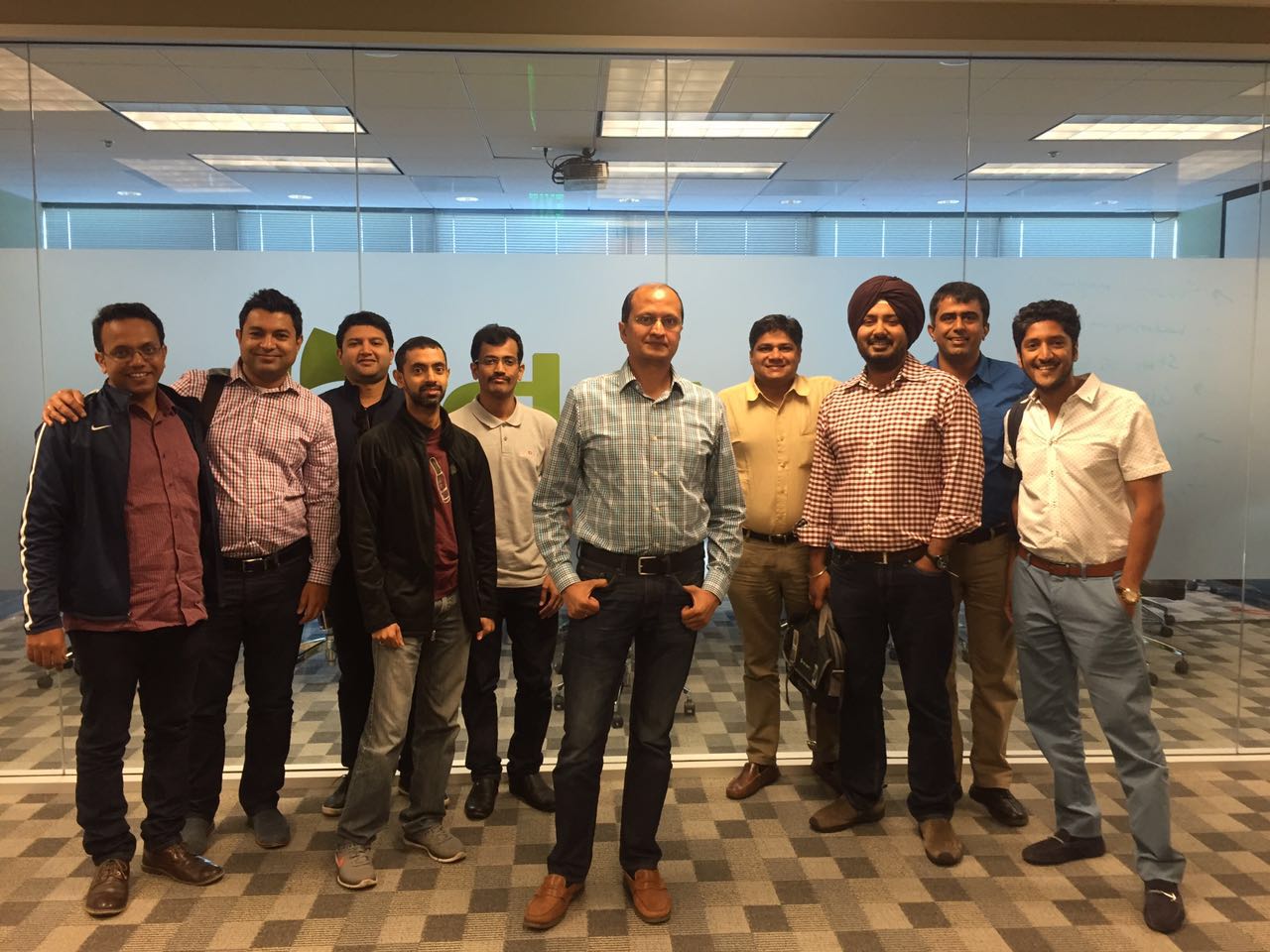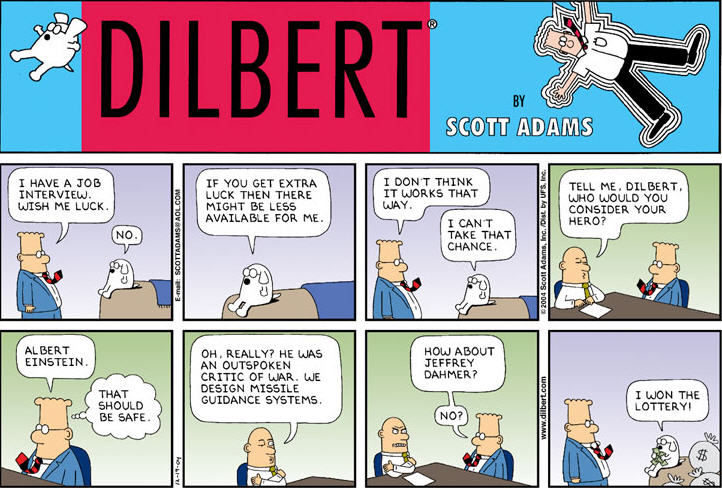How should Indian entrepreneurs think about hiring and scaling teams in Silicon Valley? What are the thorniest hiring challenges? Who should the first hires be? How can founders scale culture globally?
To focus on this topic, iSPIRT organized its 2nd Bay Area playbook roundtable– “Building a supercharged team in Silicon Valley”. It was moderated by Jaspreet Singh, Founder and CEO of Druva, a leading platform startup that operates across the Bay Area and Pune. Other participants included the founders of RecruiterBox, StrikeDeck, Supply.AI, 42Gears and ShieldSquare.
This blog shares themes that emerged from a discussion focused on Leadership, Hiring, and Growth.
 Hiring for wartime is different than for peacetime
Hiring for wartime is different than for peacetime
Borrowing from Ben Horowitz’s “peacetime versus wartime CEOs” concept, the group discussed how startup hiring is more like wartime whereas many well-meaning management principles are derived from peacetime environments, where certain scale and stability are assumed. Key ideas discussed included:
- In early stages, you just need 10X type talent i.e. women and men who can scale 10X on any problem thrown at them, and those who are 10X aligned with the founder’s vision
- Hire those who understand the “truth you know”, are deeply curious and aligned to your mission.
- This often means talking to 3-5 candidates to find the right portfolio of skills that works for you
- Using a sporting analogy, hire athletes who can scale as player-coaches, versus people coaches
- Stress test in interviews with questions as “if you fail in 90 days, where will you fail”?
- Recruiting is exactly like sales and founders should use all channels at their disposal including networks, investors/advisors, and personal meetings with talent in critical areas
Leadership and culture strengthen from hard Socratic questions
All the founders in the roundtable observed that scaling personally is the starting point to becoming a great leader and building strong leadership. Key ideas were discussed around how founders can scale.
- How do you know that you’re a good leader? One answer proposed was “when teams consistently come to you for advice” and you can see the advice worked.
- Startup founders need to balance “dictate” and “debate” – two default modes most founders fall within. Build leadership teams that counter and balance their default modes.
- As startups scale, founders should scale by metaphorically poking holes (asking the right business, product, or people questions) versus having a tendency to own every key decision
- If a founder really wants to go deep into a functional area (e.g. Product or Marketing) when they already have VPs, it helps to explain why the Founder wishes to own a function, take permission and build the personal trust to go back if things don’t work as planned.
- In the era of Slack and smart collaboration tools, having a large span of control, e.g. 7-10 direct reports should not be a problem for most startup founders as they scale employees to >100
Rapid global scaling needs clear processes and a robust culture
When startups rapidly scale across the US and India simultaneously, it can sometimes lead to parallel sub-cultures. The group discussed some best practices that help founders scale truly global companies:
- Approaches such as Objectives and Key Results (OKRs) are really helpful to institute discipline early on in a startup. Other processes can include having a dedicated person (e.g. Chief of Staff) to just own India-US communication.
- Teaching employees to self-evaluate themselves towards personal progress goals is more helpful than traditional performance management practices
- On prioritization, there’s a temptation for founders to take on simple tasks they know well, e.g. writing messaging copy. It helps to instead focus on difficult tasks (e.g. Quote to Cash or Demand Generation) that are critical to scaling
- Within a culture of transparency & trust, it is still crucial for founders to trust but verify, because the bar of product or company quality ultimately starts and ends there
- While founders offer feedback to employees, the shit sandwich (nice things + criticism + nice things) is far less helpful than being curious and just asking lots of specific question
- Team and culture “pull” is like product momentum, if you don’t see it or feel it, it means you probably don’t have the right team in place yet. Teams need to really bond with each other across borders and it is critical for the US team to visit the India team (more than just India teams coming to US).
Book references
Some book references were invoked during the roundtable. Here’s a list of the books mentioned
Good to Great, Jim Collins
The Art of Management, Peter Drucker
Zero to One, Peter Thiel
Only the Paranoid Survive, Andy Grove
The Hard think about Hard Things, Ben Horowitz




 Starting a startup is an exciting and also a challenging journey, right from putting together the Founding team, building a great product, persisting during times of roadblock, engaging the users, thinking long-term and so on. To help the fellow entrepreneurs, we have been speaking to recent entrepreneurs about their startup-journey, growth path and their learnings. In this series, we spoke to
Starting a startup is an exciting and also a challenging journey, right from putting together the Founding team, building a great product, persisting during times of roadblock, engaging the users, thinking long-term and so on. To help the fellow entrepreneurs, we have been speaking to recent entrepreneurs about their startup-journey, growth path and their learnings. In this series, we spoke to 